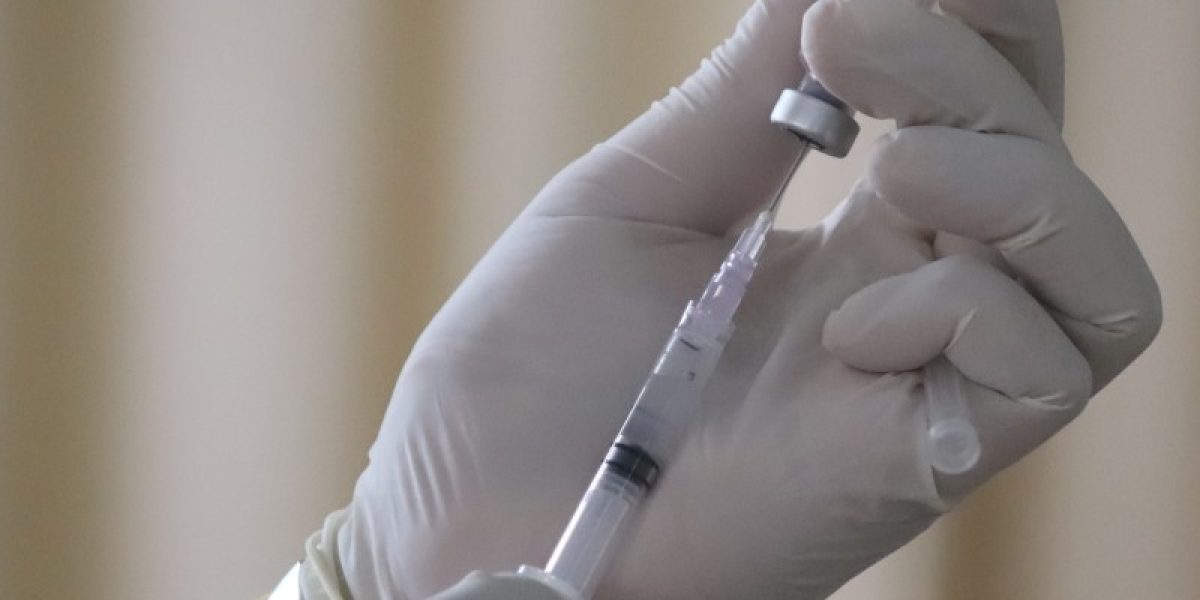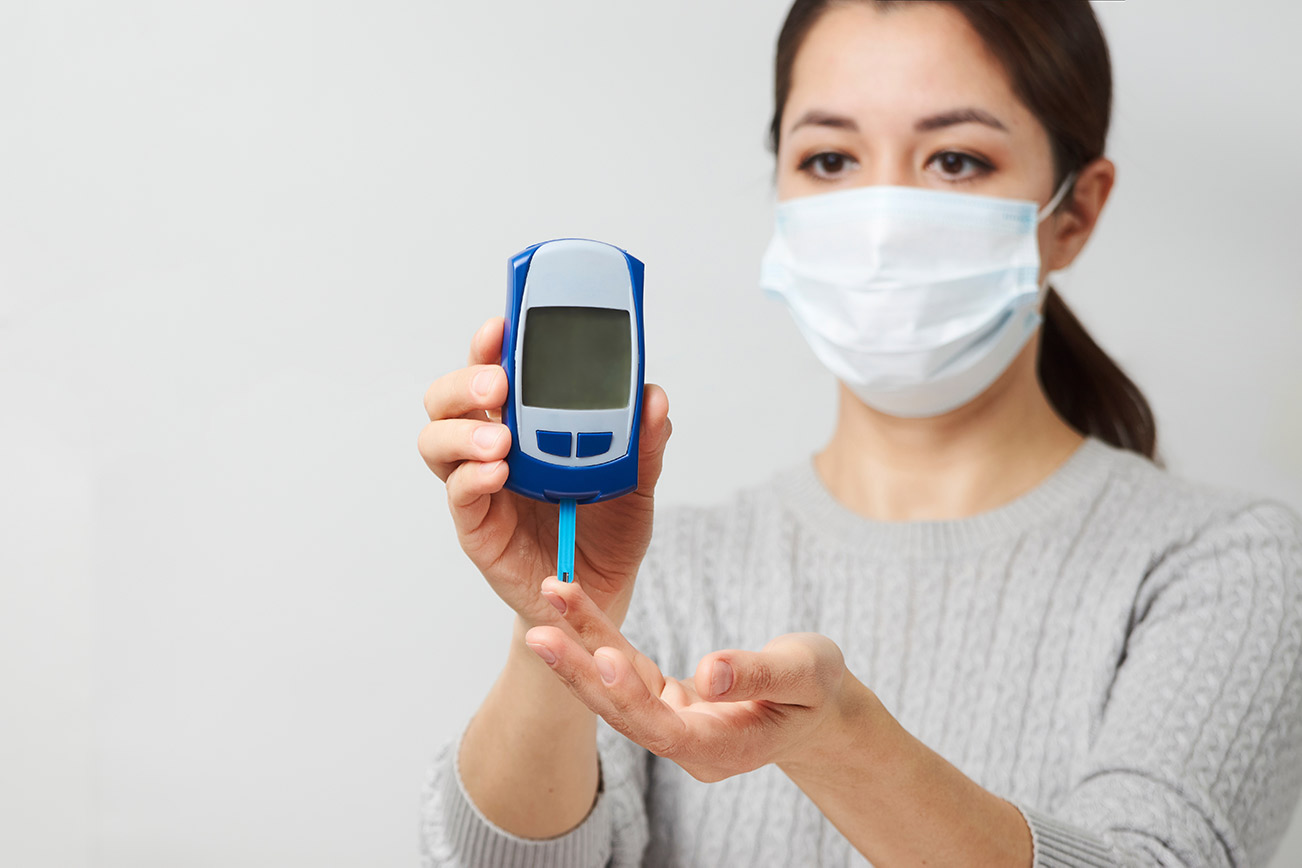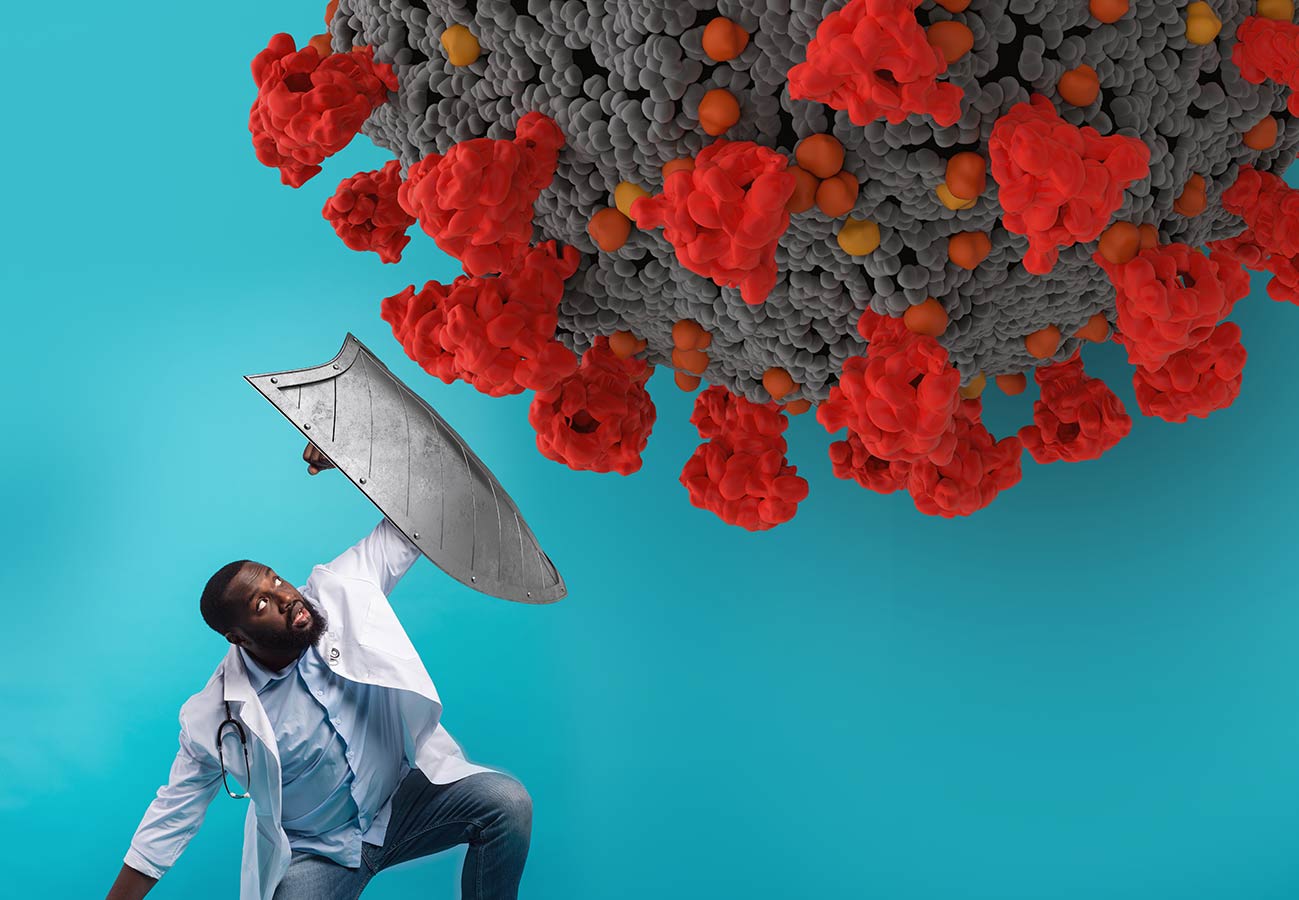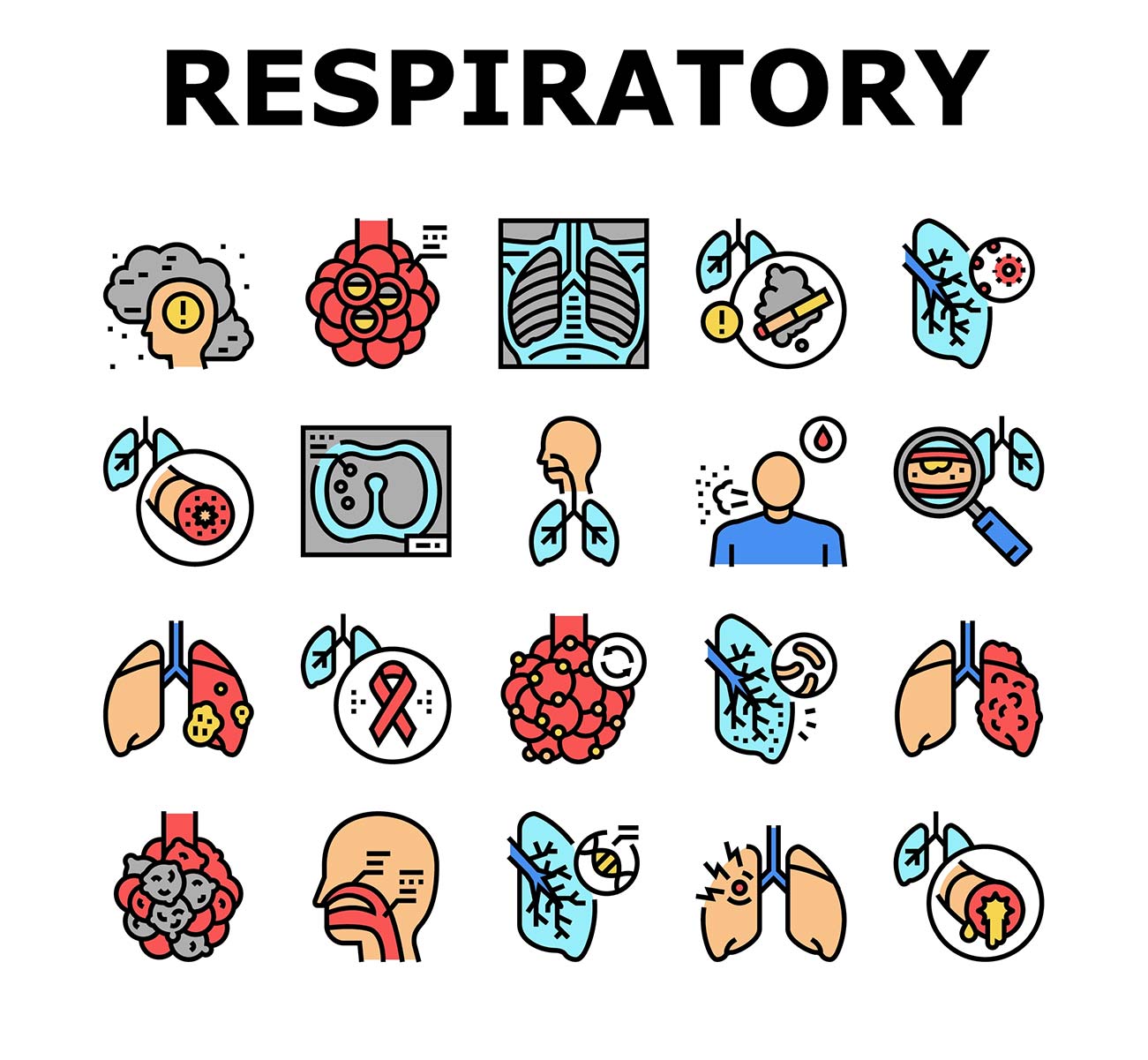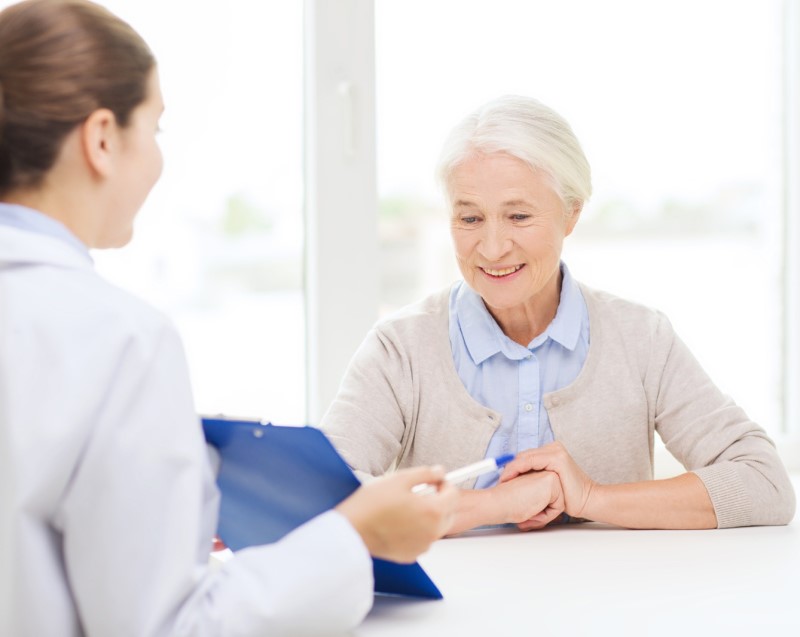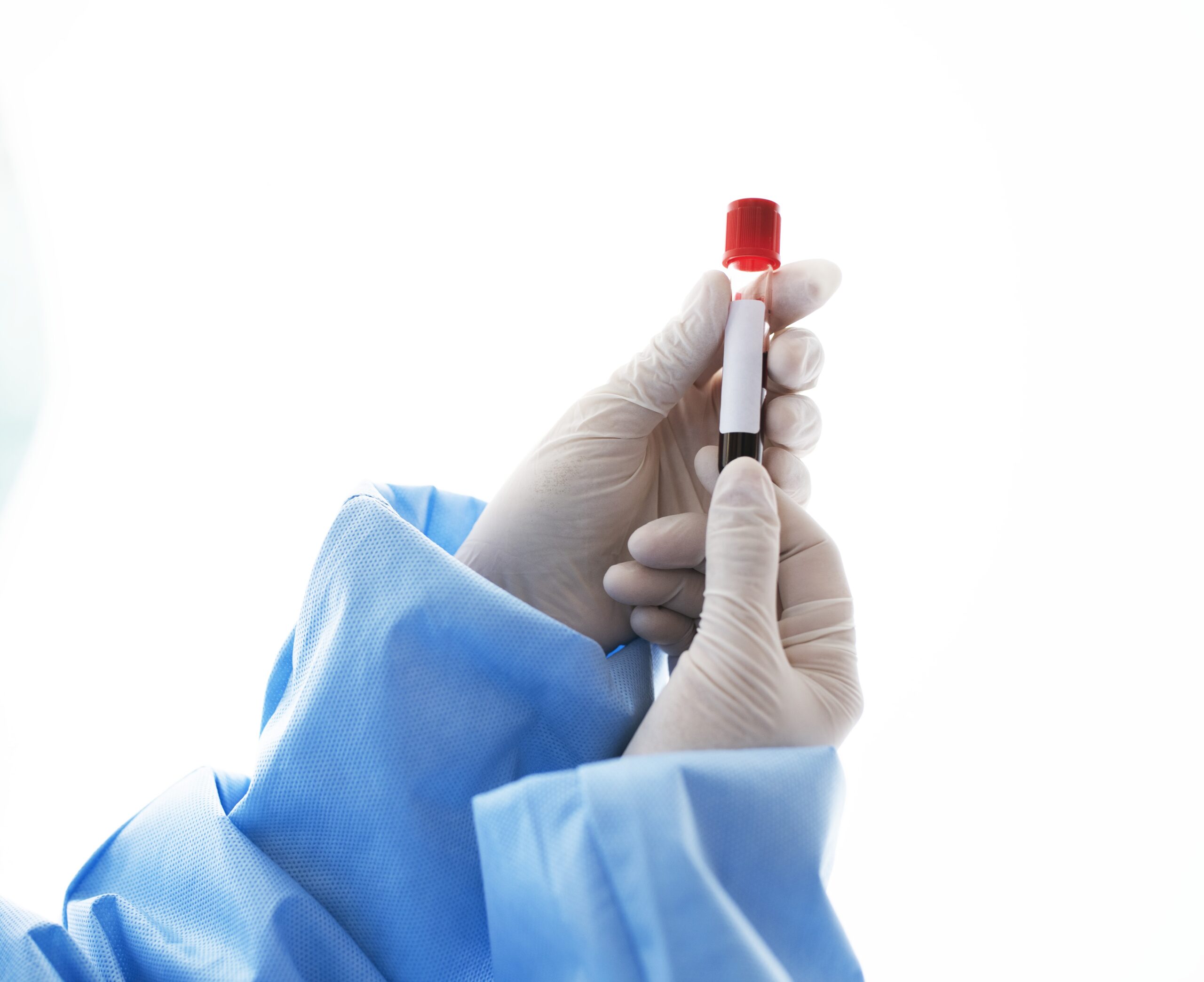To curb the advancement of the CoViD-19 pandemic, governments all around the world implemented a variety of strategies aimed at reducing the disease’s spread. Initially, non-pharmaceutical approaches were the focus; more subsequently, vaccinations and immense rapid testing have taken centre stage.
The government employed a variety of safety measures. That includes restricting or prohibiting domestic and foreign travels, issuing stay-at-home directives to limit non-essential contacts, and encouraging private laboratories to enhance test capacity.
Before the introduction of covid tests and the invention of vaccines, the spread of covid-19 was on a massive rise. But with the incorporation of the vaccines and tests, the rate at which covid-19 spread significantly reduced. This was due to the Tracing, Separation, and Isolation of people diagnosed with the virus. Persons who were not diagnosed or infected were encouraged to take the covid-19 vaccine shots to boost the immune system against getting infected. The non-pharmaceutical interventions were relaxed, but the pharmaceutical interventions remain.
COVID-19 transmission is now at a slow rate as testing and vaccination have taken the forefront of the fight. COVID-19 tests are means used to identify the virus by detecting both symptomatic and asymptomatic patients. It also tracks verified cases and their close connections, which is especially useful when the outbreak increases rapidly. The vaccine, from its introduction, has played an essential role in reducing the severe effects of SARS-CoV-2 infections and creating mass immunity to keep people safe from COVID-19 infections.
There are two major types of the covid-19 tests and various approved vaccines. The two types of tests for covid-19 are the
- Polymerase chain reaction (PCR) tests to check for the genetic material (RNA), of covid-19 in the sample collected. You send the sample for processing at a lab.
- Lateral flow device (LFD) tests to detect proteins called antigens produced by the virus. They give rapid results 30 minutes after taking the test.
Performing a test usually involves collecting a sample from the tonsils where they would have been and from the nose using a swab. People ask so many questions about testing. The dominant question is, where can I get a private covid test near me? The answer is quite simple: you can book the UK private covid test online wherever you are in the UK. However, this is not the same for travellers as booking the travel covid-19 testing near me is not necessary if you are fully vaccinated.
The various approved vaccines for covid-19 include:
- Moderna vaccine
- Oxford/AstraZeneca vaccine
- Pfizer/BioNTech vaccine
- Janssen vaccine; This is not currently available
- Novavax vaccine; This is equally not available
- Valneva vaccine; This is also not available
In most cases, you will not be able to choose which vaccine you will receive. You will only be offered appointments for vaccinations that are appropriate for you if you book online. The COVID-19 vaccines are available to everyone. But some people are administered specific vaccine shots.
Pregnant or under 40 patients, for example, are most times offered appointments for the Pfizer/BioNTech or Moderna vaccines. If anyone is below 18 years, they will administer only the Pfizer/BioNTech vaccination shot to them.
Unless a person had a severe side effect such as a serious allergic response after the first dosage, they should get the same vaccine for both the first and second doses. The Pfizer/BioNTech vaccine or the Moderna vaccine is administered mainly as a booster dose. This means your booster dose may differ from the vaccine you had for your first two doses.
The approved in the country have satisfied stringent safety, quality, and efficiency criteria. They can have some side effects, but not everyone will experience them. Any adverse complication is usually minor and lasts no more than a week, such as a headache, sore arm from the injection, fatigue, feeling achy, or feeling sick.
Although testing and vaccination have significantly reduced the spread of the covid-19 virus, we are encouraged to continue wearing our masks and keeping our hands, surfaces, and environment clean.

